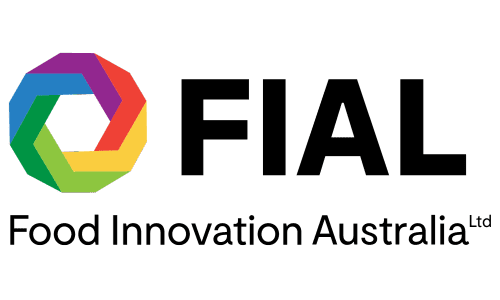Bioaction | Celebrating Australian Food and Agribusiness Innovations 2021

Food processing generates significant wastewater, which manufacturers are obliged to dispose of using methods that meet increasingly stringent environmental conditions. Wastewater make-up is a consequence of production and generally consists of suspended solids, fats, oils and nutrients. In facilities with little output variation, wastewater make-up is relatively steady. For manufacturers with multiple lines and food types, the output varies greatly because of ingredient and processing method differences. Treatment incorporates the breakdown of nutrients and solids by aerobic microorganisms, requiring the addition of oxygen to promote the process. When adequate oxygen is not available, it impedes the ability to break down nutrients and achieve required treatment levels. Treatment systems use various aeration methods to feed ambient air into the treatment tank, using large amounts of energy and increasing costs.
The Bioaction solution solves the problem at its root using ultrafine bubble — or nanobubble — technology, enabling higher levels of oxygen to stay in the water for as long as possible. Each bubble is hundreds of times smaller than a blood cell, and because the pressure of the bubble is greater than the liquid it is sitting in, it remains suspended and dispersed throughout the wastewater. This means that oxygen remains available for use by aerobic microorganisms when they need it.
The technology challenges traditional wastewater management methods as it entrains oxygen at significantly higher rates. It improves efficiency of treatment at a lower energy cost, reducing overhead and improving environmental compliance.
While collaboration with the CCFA cluster and FIAL provided Bioaction with access to the food industry to enable operation trials, the arrival of COVID-19 put that activity on the backburner. The lab research process commenced and was accelerated thanks to a partnership with University of Newcastle but the trials could not be completed. They are expected to recommence at the start of FY21/22, with results anticipated by the end of calendar year 2021.

